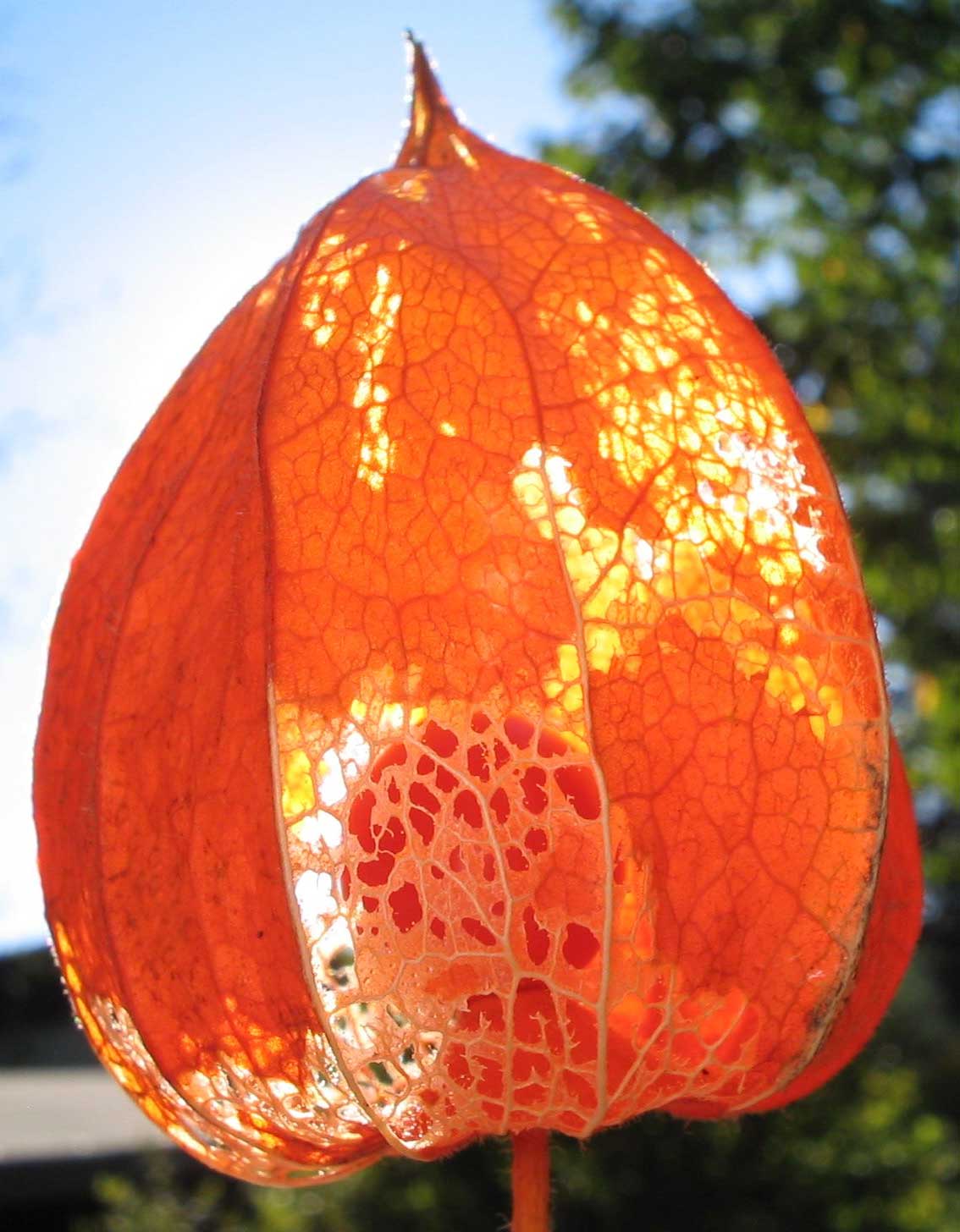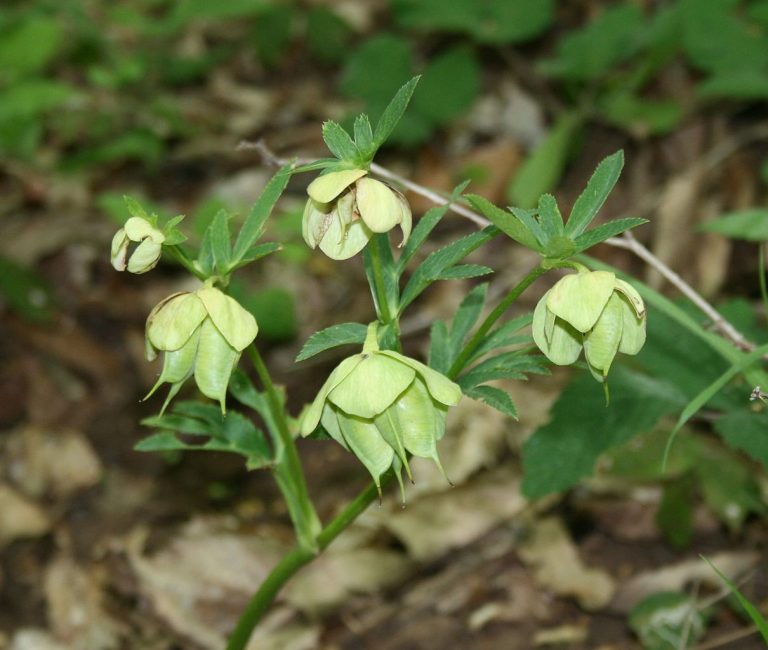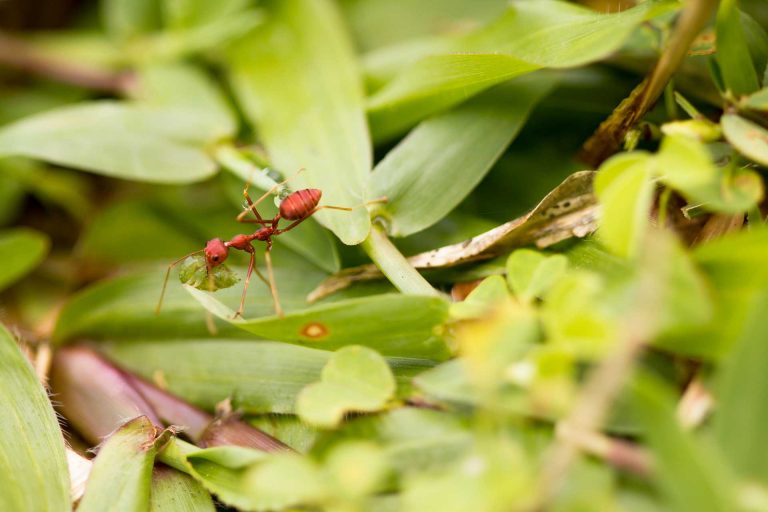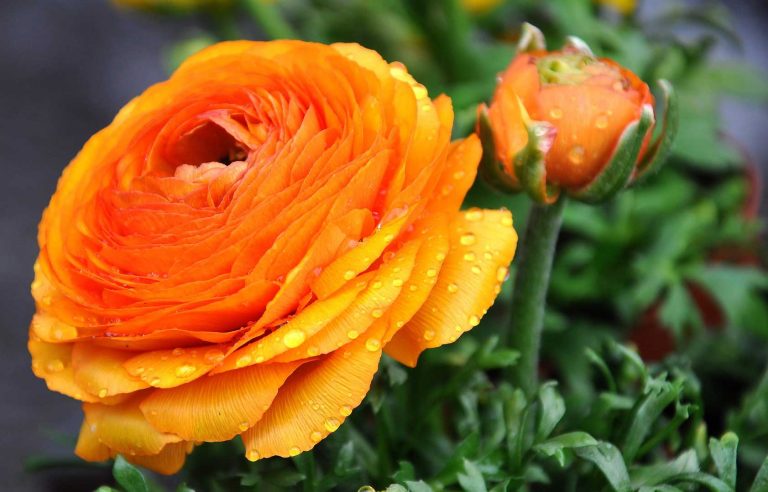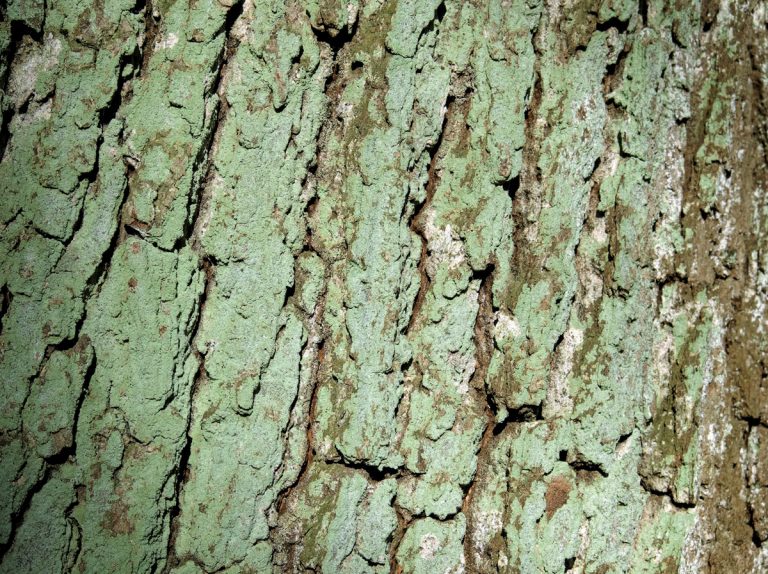Chinese Lantern Flowers Alluding to a Symbol for Protection
Scientific Classification
| Kingdom: | Plantae |
| (unranked): | Angiosperms |
| (unranked): | Eudicots |
| (unranked): | Asterids |
| Order: | Solanales |
| Family: | Solanaceae |
| Genus: | Physalis |
| Species: | P. alkekengi |
| Binomial name: | Physalis alkekengi |
Physalis alkekengi (Also known as bladder cherry, Japanese lantern, Japanese hozuki, Chinese lantern, or winter cherry), is related to Physalis Peruviana (Cape gooseberry). These are very large, brilliant orange to reddish in color and the papery covering over its fruit, resembling paper lanterns, makes it easily noticeable. This plant originates from the southeast of Europe and crosses south Asia to Japan. Symbolically, these flowers allude to a charming and pleasurable insignia of warmth, and for the reason that it protects its minute and fragile fruit, it alludes to a symbol of protection.
do have has made them into an. Given that these flowers enfold and defend the small, fragile fruit buried within their husks, they they could represent the perfect symbol for protection.
Anatomy
It is a herb and a perennial plant, that grows to a height of 40-60 cm, and displays a foliage in a spiral form. They are 4 to 9 cm wide and 6 to 12 cm long. The Chinese lantern flowers are white, having a corolla with 5 lobes that are 10 to 15 mm across with its calyx situated at the base puffed up. This develops into the papery orange enclosing the fruit; it is 4 to 5 cm broad and long.
How to cultivate domestically
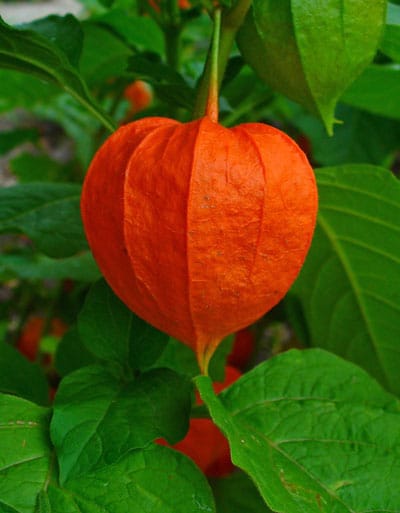
Photo by: H. Zell
Preparation for Planting
For growing Chinese lantern outdoors in your garden, choose a somewhat shady place, where you have a well-drained soil. The other option is, to begin planting them indoors and later transplanting them outside 30 cm apart. Monthly once, add a universal fertilizer and thick coating of mulch right round the plants for conservation of moisture.
Planting
- While selecting a place for planting your lantern plant, see that you have a well-drained and healthy soil and that they get sufficient sunshine almost all day. This plant flourishes in moist soil; stagnant or collected water will damage the plant.
- Dig a hole of perimeter equal to 2-3 feet for the little plant and place the seed in the soil. Never wait for the Chinese lantern flowers starve for water or sunlight; it will not survive.
- Pack the soil throughout the perimeter at a depth of 2-3 feet. A rich thickness of mulch wards off weeds and maintains the required quantity of moisture to kindle growth. The lantern blooms in the first year itself; it is firm in growth.
- If a branch of your lantern appears to be either unhealthy or busted, or seems to lack luster, prune it for winter, trim the plant to the base level of the main branches before the first frost but only after harvesting the lanterns. Make certain that you cut the branches at bends to an angle of 90 degrees. This obstructs water from seeping into the cut and decaying the plant.
- Divide the big roots or rhizomes competent to regenerate the plants, thus avoiding congestion.
Placement and Watering
The Chinese lantern plants need a properly drained and moist soil, in partial or total sunlight. Water the fresh plants often, and provide sufficient moisture to the soil for it to drink. Constantly keep up the moisture of the soil, particularly in drought, avoid excess of water that will cause your new Chinese Lanterns to decay and die.
Flowering Period

In the middle of the summer season right on top of a thick heap of rough green leaves you see, tiny white flowers making their appearance. Reap the Pods though green, immediately they turn orange in color. Strip the leaves then hang it inverted in a dark and warm room.
After Bloom Care
In order to ripen the seeds, keep the dried flowers on the plant and let the plant wither away naturally. In case the drainage is proper leave the bulbs in the soil in warm conditions. In case the area is cool uproot the bulbs and preserve them in the soil.
As Cut Flowers
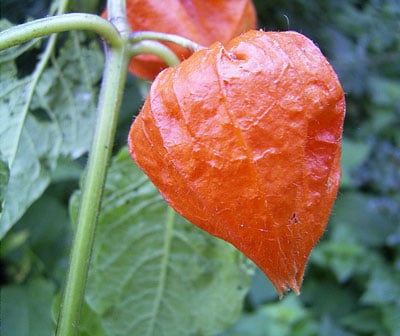
The vivacious stems of the Chinese lantern do well as dried flower decorations, otherwise retain them on the plant to add beauty in the winter; gradually turning into elaborate skeletons. This perennial does not demand too much care and flourishes in moist conditions. You can cultivate it with ease.

Having discovered a fondness for insects while pursuing her degree in Biology, Randi Jones was quite bugged to know that people usually dismissed these little creatures as “creepy-crawlies”.

